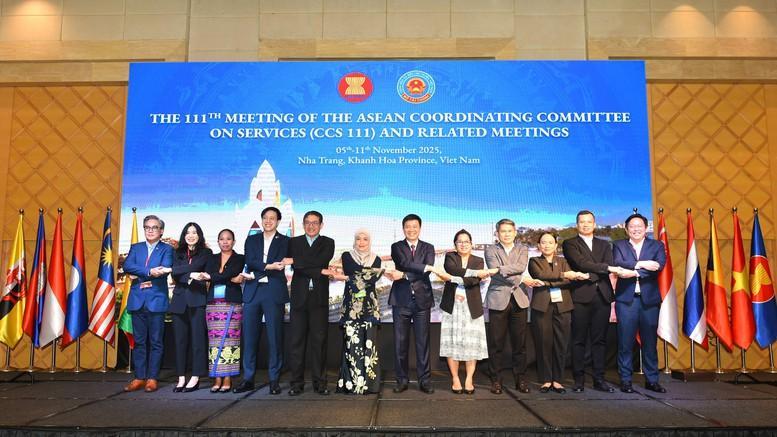
The main objective of the CCS 111 is to liberalize services in ASEAN, creating favorable conditions for businesses and service providers to operate more effectively by removing barriers, minimizing policy risks, increasing transparency and simplifying administrative procedures. Thereby, the movement of natural persons between member countries is more convenient and flexible.
The CCS 111 meeting includes two main contents. From November 5-7, professional groups organized many working sessions such as: Architects Association (AAC), coordination groups of accounting, engineering, dentistry, nursing, medical examination and treatment, medical services, logistics - transportation services, professional services... The groups focused on discussing the promotion of mutual recognition among ASEAN countries in each professional field, thereby creating favorable conditions for experts and workers practicing in the region.
From November 7-11, the 111th CCS General Meeting took place, recording the results from the professional groups and continuing to discuss important contents in the implementation of the ASEAN Trade in Services Agreement (ATISA) such as: the draft Protocol amending ATISA, the "ratchet" principle (only forward, no backward), converting the commitment schedule in the List of Non-Conforming Measures (NCM), implementing the ASEAN Services Facilitation Framework (ASFF), the ASEAN Agreement on the Movement of Natural Persons (MNP) and initiatives to promote the post-2025 services economy .
Vietnam affirms its role in promoting ASEAN services integration
In his opening speech at the CCS 111 General Meeting, Dr. Chu Duc Lam, Director of the Department of Finance and Sectoral Economics ( Ministry of Finance ), emphasized that in the context of the world facing many fluctuations and challenges, regional cooperation is increasingly strategic, contributing to strengthening stability and sustainable development. In particular, service integration in ASEAN plays a key role in promoting the building of a dynamic, competitive and more deeply connected ASEAN Economic Community (AEC).
According to Mr. Chu Duc Lam, service integration is one of the important pillars of the AEC construction process, aiming at forming a common, interconnected service market with high competitiveness and adaptability. In that process, CCS has clearly demonstrated its role in coordinating, leading and shaping the service cooperation structure in the region, while expanding cooperation with external partners.
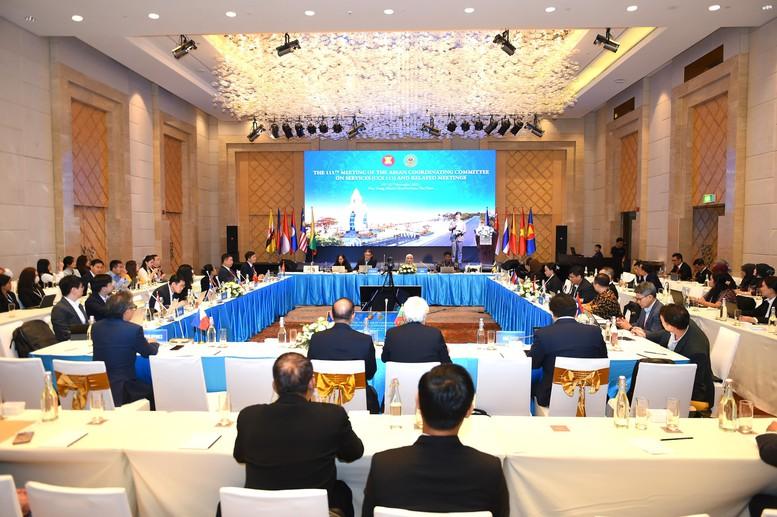
With the spirit of "ASEAN consensus", although member countries have different levels of service development, the ASEAN Secretariat and member countries have achieved many important results, typically the signing of fundamental agreements such as the ASEAN Trade in Services Agreement (ATISA), the ASEAN Agreement on Movement of Natural Persons (MNP) and the ASEAN Services Facilitation Framework (ASFF).
These results contribute to enhancing intra-bloc trade and investment, promoting regional supply chains, creating quality jobs, encouraging innovation and enhancing the competitiveness of the regional economy.
Sectors such as finance, telecommunications, transport – logistics, tourism, healthcare, education, environmental services and digital economy are acting as “dual engines” – both promoting growth and creating a foundation for green and digital transformation, helping ASEAN adapt flexibly in the new period.
Mr. Chu Duc Lam said: "This meeting continues the results of previous CCS sessions, continues to monitor, review progress and adjust the approach to suit reality. We are on a planned path, with specific goals, results and monitoring mechanisms."
As the focal point of Vietnam at CCS, the Ministry of Finance and relevant ministries and branches will continue to research, propose appropriate policies and perfect practical financial mechanisms to effectively implement initiatives and ideas on ASEAN service integration in the coming time.
Through CCS 111, Vietnam affirms its commitment to accompany ASEAN in promoting a single-window digital platform, simplifying mutual recognition criteria (MRAs) and applying circular economy principles to service innovation – considering this as a new driving force for the development of the ASEAN service sector in the period after 2025.
Updated 11/7/2025
Source: https://laichau.gov.vn/tin-tuc-su-kien/chuyen-de/tin-trong-nuoc/thuc-day-hoi-nhap-va-doi-moi-trong-linh-vuc-dich-vu-khu-vuc-asean.html








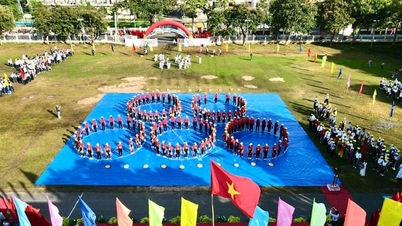



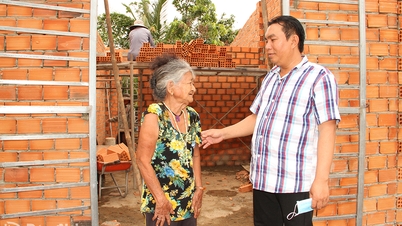

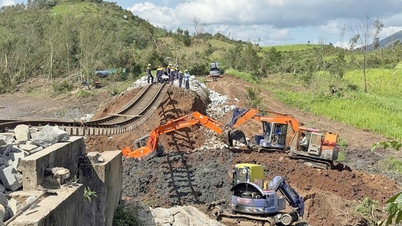











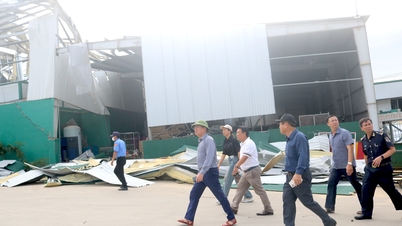










































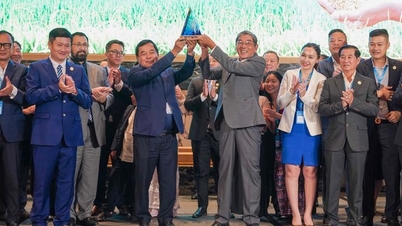



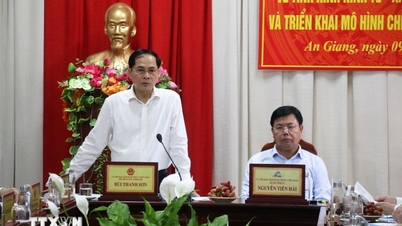












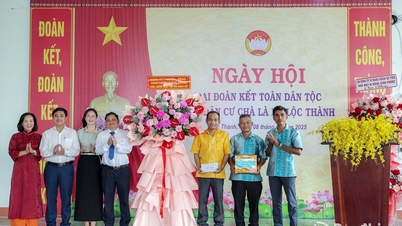









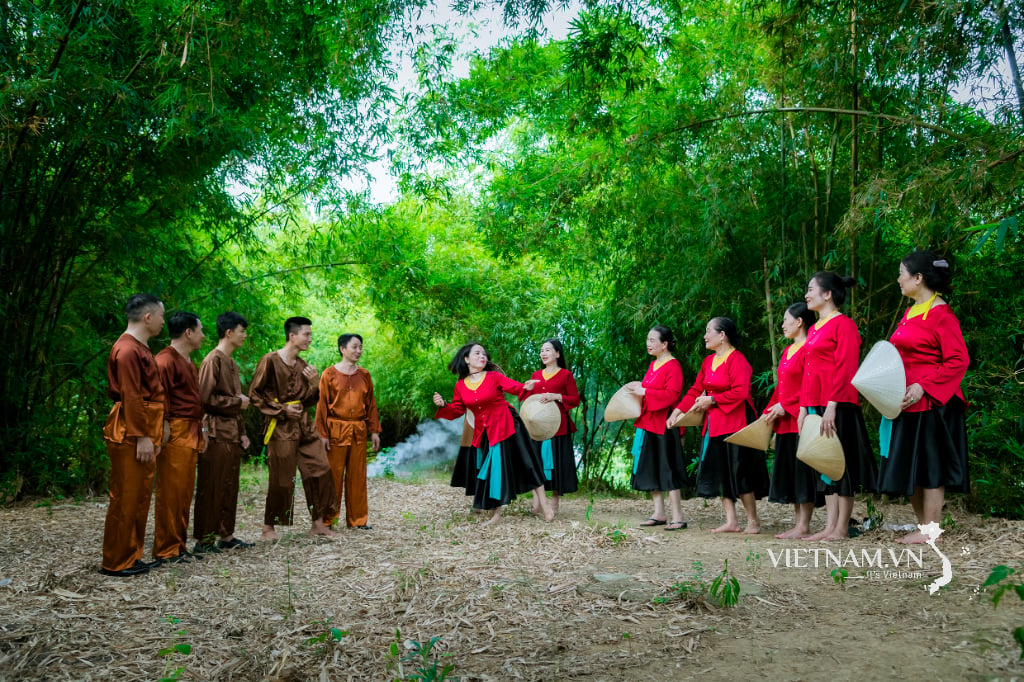



Comment (0)